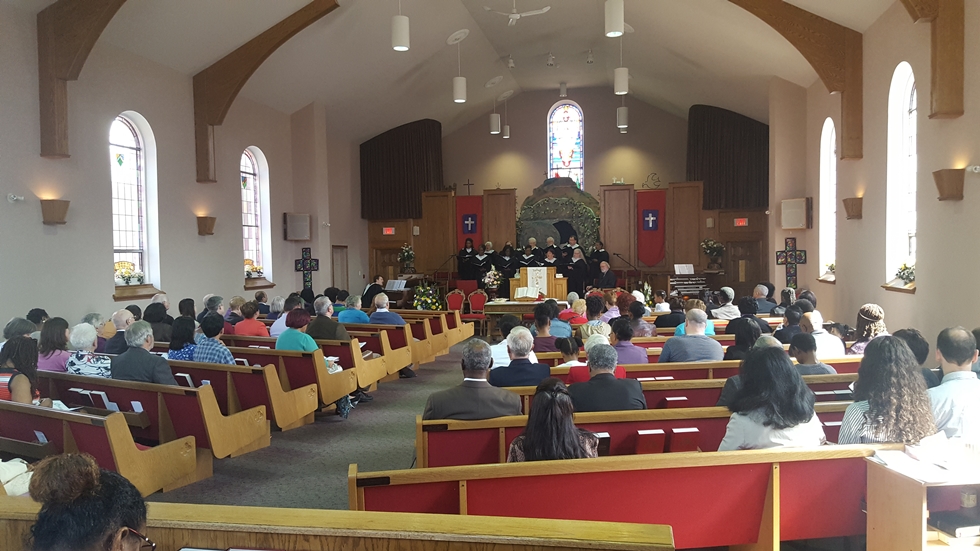Genuine Repentance
“But Samuel replied: “Does the LORD delight in burnt offerings and sacrifices as much as in obeying the voice of the LORD? To obey is better than sacrifice, and to heed is better than the fat of rams. For rebellion is like the sin of divination, and arrogance like the evil of idolatry. Because you have rejected the word of the LORD, He has rejected you as King.””
1 Samuel 15:22-23
The fifteenth chapter of 1 Samuel is one of the most instructive chapters in the whole book regarding the LORD’s ways with His people. It is concerned with the trying of King Saul, his failure to obey the LORD’s command, his justification of his actions, and finally the LORD’s judgement upon him. Earlier, in chapter thirteen, Samuel had pronounced God’s judgement upon Saul and his future dynasty on account of his failure to obey the Prophet’s command to wait. Now we see that judgment begin to unfold as Saul’s true nature as a rebellious man is revealed. It some ways this is a depressing portion of God’s Word. The Bible is a very honest book, describing in great detail our depravity and the consequences that come from it. The point of this chapter is that just as Saul was tried, so too will we and our generation be tried. The sinfulness of our hearts will be exposed in the trials we face in life. There is a purpose to these trials which is to cause us to see the reality of our rebellion and to come to the LORD in genuine repentance. That is our only hope.
In 2 Peter 3:9 we read, “The LORD is not slow in keeping His promise, as some understand slowness. He is patient with you, not wanting anyone to perish, but everyone to come to repentance.” This is what we see here in 1 Samuel 15. Outwardly it seems as if Saul has repented, but his heart has remained rebellious towards the LORD. When another test is given he once again failed spectacularly, and when confronted by Samuel he justified his actions rather than confessing his sin. Finally he brought to acknowledge his sin but he does so in a way that continues his self willed rebelliousness. The LORD requires genuine repentance which results in a person turning to the LORD in whole hearted obedience. This is what the LORD requires, that we become people who seek His Glory first. When we are tested by God in the circumstances of our lives it is as if God is asking us one key question. This is, “Who are you worshipping?”
How do we as twenty first century Christians answer God’s question? In every generation, including this one, there are challenges and trials which serve to test the reality of our faith in the LORD Jesus Christ. Surely this is one of the key themes of the Book of Revelation. In that prophetic book we see the LORD confronting and testing the world. Who are you committed to? Who do you worship? These are the questions God is asking us. The answer we give determines our eternal future.
Today our trials confront the things which we are worshipping. We are led into living lives which are judged successful based upon the standards of this world in which we live. In the first five verses of the Book of Galatians the Apostle Paul describes this world as evil, using a word which defines evil as an active, aggressive force in this world which seeks to corrupt others. It is not a passive evil, but and active one seeking to conform others in rebellion. We are led down a road in which we seek wealth, popularity, security, fame, health, and peace based upon the teaching of worldly philosophy rather than upon the Word of God. In Church circles so often we define success based upon these same standards. Are we attracting a crowd to our Church or Ministry? Do we have a growing internet presence? Are we selling more books, or CDs? Are we more in demand today than we were yesterday? How often do we ask ourselves whether we are “Keeping in step with the Spirit” (Galatians 5:24-26)? In answering this question we find ourselves having to deal with just what it means for us to live in a way which is truly obedient to the LORD. His ways are revealed to us in His Word. His call is for us to turn from our sin and cast ourselves upon His grace revealed in the LORD Jesus Christ who went to the cross bearing all our sin, so that we might be reconciled to God. What is needed is genuine repentance, seeking Christ first and humbly walking with God in Christ.
How will you respond to the trials of your life?
